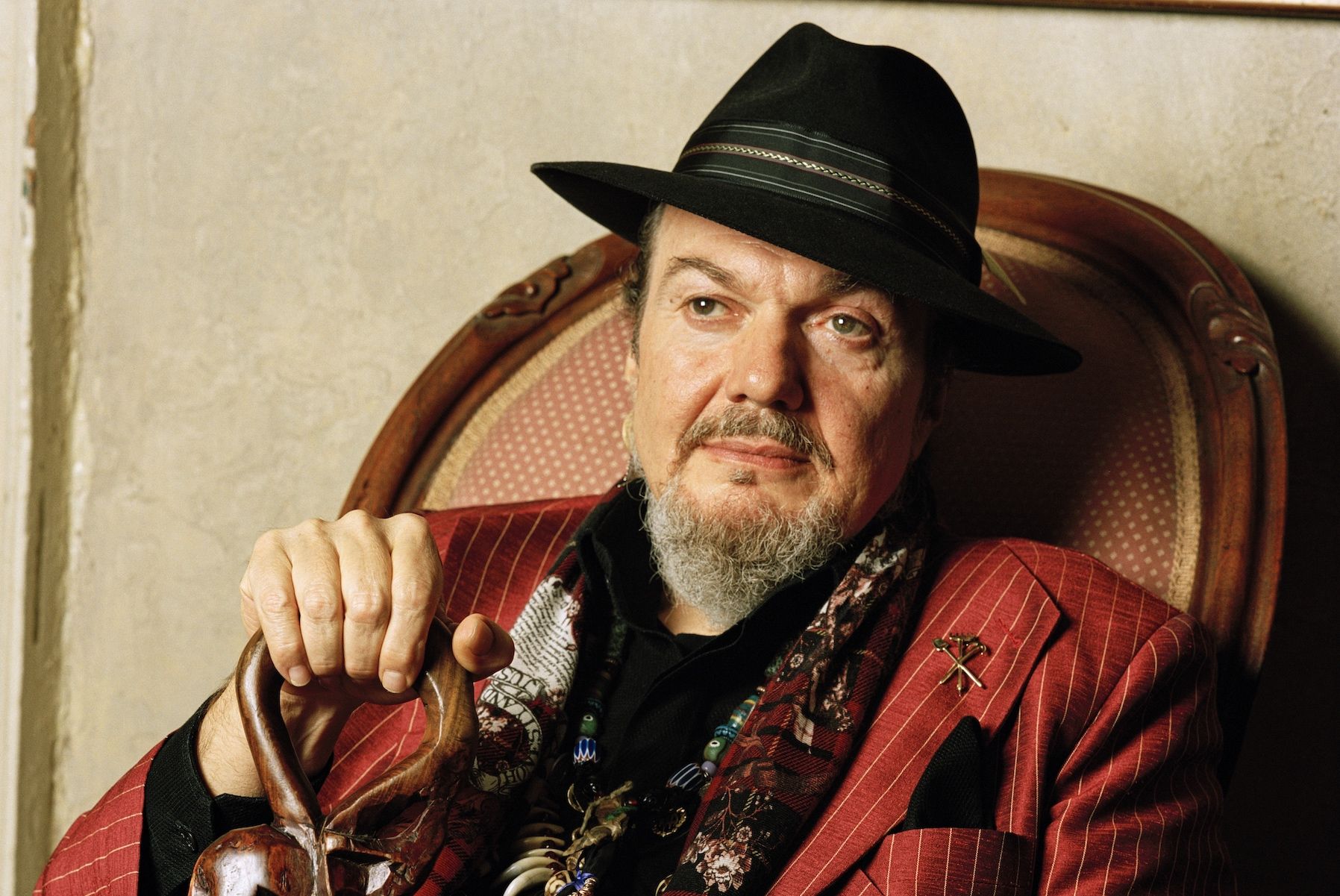
Dr. John Was Cutting a New Record When He Died. Now We Get to Hear It
From Warren Zevon and David Bowie to Gregg Allman and Pop Smoke and Mac Miller, posthumous albums recorded during an artist’s final months have become a sadly inevitable part of the pop landscape. That’s also the case with Things Happen That Way, the album Dr. John was working on when he died of a heart attack in June 2019. Now, three years after his passing, the album, which includes covers as well as some of his last newly written songs, will finally be heard when Rounder Records releases it on Sept. 23.
Throughout his career, Dr. John — a.k.a. Mac Rebennack — rambled through American music, taking in New Orleans funk, boogie woogie, jazz, psychedelic, and pop standards. That musical journey continued right up through the end. Co-produced by Dr. John and guitarist Shane Theriot and cut in Dr. John’s native New Orleans throughout 2018, Things Happen That Way adds a new and final twist to his legacy with ruminative, growly voiced versions of country classics: Hank Williams’ “I’m So Lonesome I Could Cry” and “Ramblin’ Man,” Jack Clement’s “Guess Things Happen That Way” (made famous by Johnny Cash), and Willie Nelson’s “Funny How Time Slips Away.”
Karla R. Pratt, Dr. John’s daughter and the album’s executive producer, calls those covers “a musical tip of the hat to the greats who preceded him,” like Williams, Cash, and Nelson. “Years ago he talked about how hip Hank Williams was,” says Pratt. “He loved how simple yet emotionally complex Hank’s songs are, that they have a hook with a twist. For this album inspired by listening to the Louisiana Hayride [radio show] and icons of country and western, he was excited to do songs in a way that evokes emotion that sticks with you long after one of the songs — done his soulful way — is played.”
Nelson also duets with Dr. John on “Gimme That Old Time Religion,” and Aaron Neville joins in on a gospel-flavored version of the Traveling Wilburys’ “End of the Line.” The 10-track album features back-up by Theriot, former Late Night with David Letterman bassist Will Lee, keyboardists Jon Cleary and David Torkanowsky, and drummer Carlo Nuccio.
Another highlight of the album is a remake of Dr. John’s own “I Walk on Guilded Splinters” with Lukas Nelson and Promise of the Real; Nelson also co-produced the track. “In a mystical kind of way, Dad was looking back at the same time he was looking forward, while being present in each moment,” says Pratt. “’I Walk on Guilded Splinters’ is a bit of time-traveling: It’s 1968, it’s now, it’s the future, all swirling through and into their collaboration.”
One final twist on the album: the presence of new songs Dr. John had written during the making of the record. “Holy Water” finds him looking back at his drug bust and jail time in the Sixties, and the rollicking “Give Myself a Good Talkin’ To” (“Find out what I’m supposed to do/Look in the mirror and I’m fed up with you/Give myself a good talkin’ to”) is a good-natured scolding. As Pratt adds, “From a different vantage point and an older stage in his life, this album is truly his most intimate, with original songs as his ‘curve balls.’”




